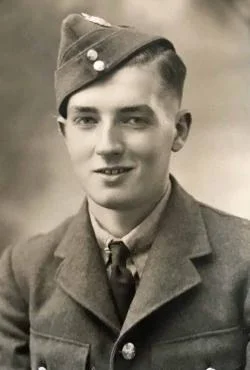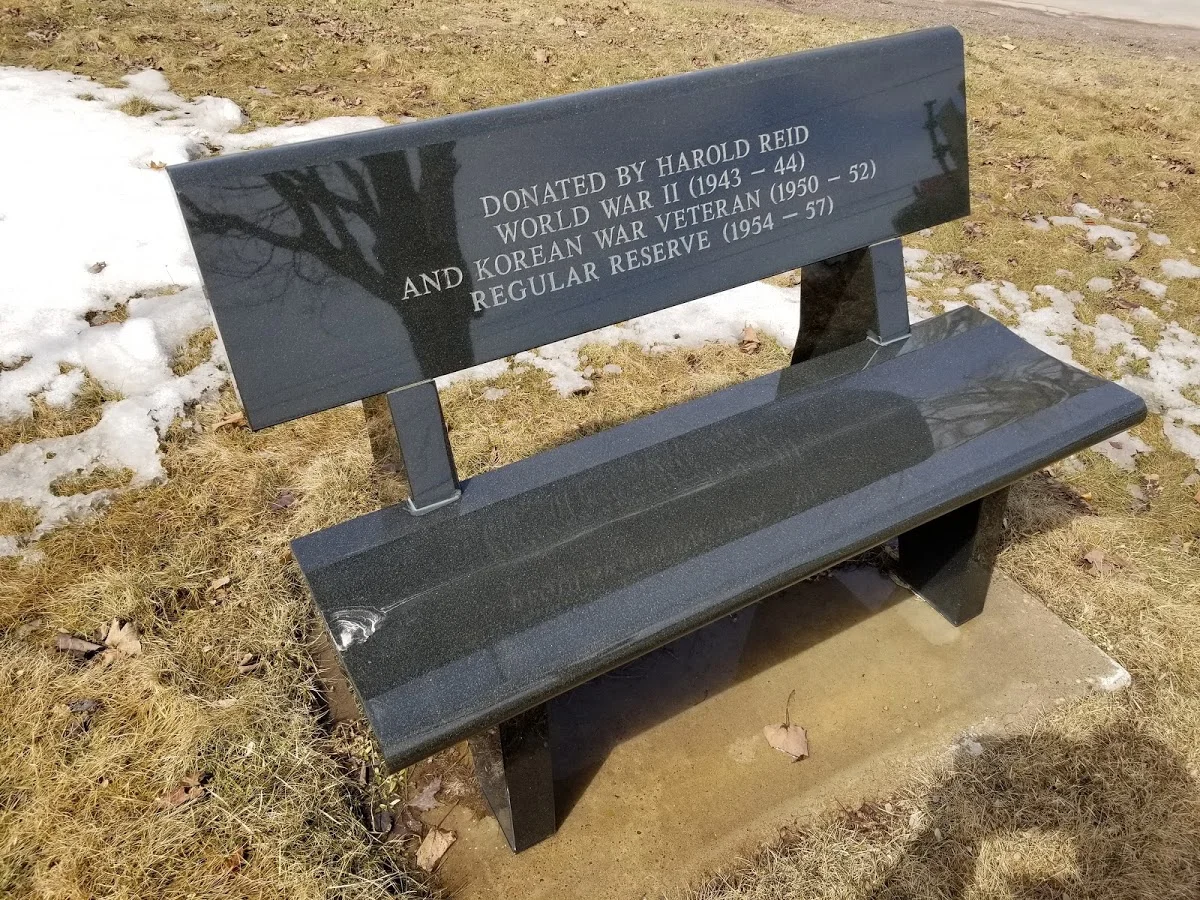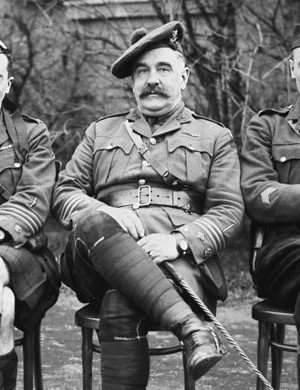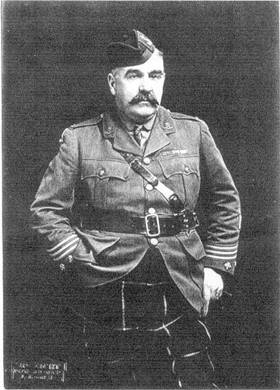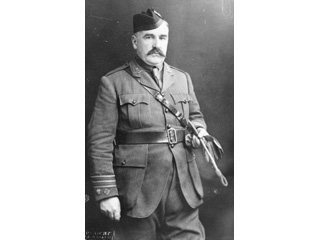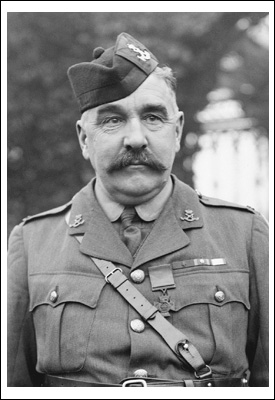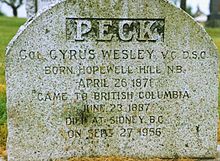Victoria Cross Background:
The Victoria Cross (VC), instituted in 1856 by Queen Victoria, is the Commonwealth’s highest military decoration for valour. It is awarded in recognition of the most exceptional bravery displayed in the presence of the enemy, although in rare instances the decoration has been given to mark other courageous acts.
Since its inception during the Crimean War, the VC has been awarded 1,356 times, 300 of them posthumously. Depending on which of a variety of sources is cited and on the selection criteria applied, somewhere between 94 and 98 Victoria Crosses have been awarded to Canadians or to others serving with the Canadian Forces. A distinctly Canadian version of the medal was introduced in 1993. To date no one has been awarded the Canadian medal.
LCol Cyrus Wesley Peck:
Cyrus Wesley Peck was born in Hopewell Hill, New Brunswick, on April 26, 1871, and was educated at Hopewell Hill Superior School. In June 1887, at the age of 16, he and his family moved to New Westminster, British Columbia, then later to Skeena, BC.
As a young man, he pioneered in the Klondike, and set himself up as a broker in salmon canning, sawmills and towing operations. He was also an elected Unionist Member of Parliament for the Skeena riding. As a member of the militia, Peck was given a captain's commission and attached to the 30th Battalion, with which he sailed to England. In April 1915, he was promoted to major and later transferred to the 16th Battalion, Canadian Scottish. He was wounded in both legs during fighting around the town of Festubert, France, May 21, 1915. In January 1916, he was given command of the regiment.
In addition to the Victoria Cross, he was awarded the Distinguished Service Order (DSO) twice and Mentioned in Dispatches five times. In 1917, while he was overseas, he was elected to the House of Commons as the Member of Parliament for Skeena in British Columbia.
VC Citation: Lieutenant-Colonel Peck was awarded the Victoria Cross for his courageous leadership on September 2, 1918, during the fighting for the Drocourt-Quéant Line, near Cagnicourt in France.
“For most conspicuous bravery and skilful leading when in attack under intense fire. His command quickly captured the first objective, but progress to the further objective was held up by enemy machine-gun fire on his right flank. The situation being critical in the extreme, Colonel Peck pushed forward and made a personal reconnaissance under heavy machine-gun and sniping fire, across a stretch of ground which was heavily swept by fire. Having reconnoitred the position he returned, reorganised his battalion, and, acting upon the knowledge personally gained, pushed them forward and arranged to protect his flanks. He then went out under the most intense artillery and machine gun fire, intercepted the Tanks, gave them the necessary directions, pointing out where they were to make for, and thus pave the way for a Canadian Infantry battalion to push forward. To this battalion he subsequently gave requisite support. His magnificent display of courage and fine qualities of leadership enabled the advance to be continued, although always under heavy artillery and machine-gun fire, and contributed largely to the success of the brigade attack.”
The London Gazette, November 15, 1918
Post War: At the end of the war, Peck returned home to Skeena, and reclaimed his seat in the House of Commons, being active in veterans' rights issues. In 1924, he became a Legislative Member for British Columbia. He later acted as aide-decamp for two of Canada's Governors General. Peck died in Sydney, British Columbia on September 27, 1956.
Gravesite: He is buried in the New Westminster Crematorium in Vancouver, BC.
Medal Location: His Victoria Cross is held at the Canadian War Museum in Ottawa, Ontario.
Post Script: As the Canadian Corps moved against the Drocourt-Quéant defensive line from 1 to 4 September 1918, six other VCs were awarded to Canadians in addition to that of Lieutenant-Colonel Peck. They were Captain Bellenden Seymour Hutcheson, Sergeant Arthur George Knight, Lance- Corporal William Henry Metcalf and Privates Claude Joseph Patrick Nunney, Walter Leigh Rayfield and John Francis Young.
Peck is reputedly the only Member of Parliament in the British Empire/Commonwealth to have been awarded the Victoria Cross while in office.
This Article was taken Verbatim from Fact Sheet # 67 Published by: The Friends of the Canadian War Museum and was written by Captain (N) (Ret’d) M. Braham, CD. The original article can be found here.

